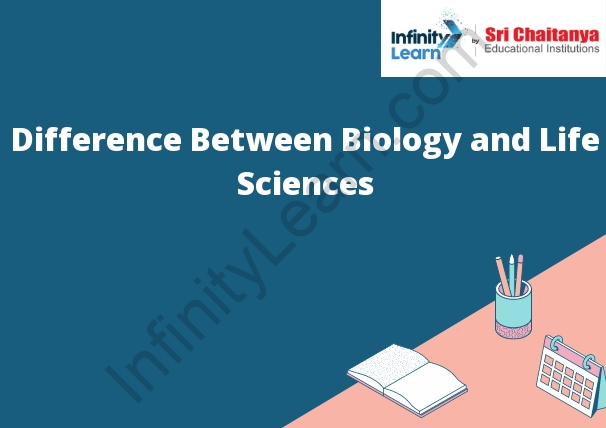Table of Contents
What is the Difference between Biology and Life Science?
The main difference between biology and life science is that biology is a scientific study of life and living organisms, while life science is a broader term that includes the study of all forms of life, both living and extinct. Biology is a more specific field of science that focuses on the structure, function, growth, origin, evolution, and distribution of living organisms, while life science includes fields such as botany, zoology, and microbiology.

Difference Between Biology and Life Science
Biology and life science are two different academic disciplines. Biology is the study of life and living organisms, while life science is a more general term that refers to any scientific study of life.
Biology is the more specific field of study, and it can be divided into many different branches, such as anatomy, physiology, ecology, and genetics. Life science, on the other hand, is a more general term that can encompass many different disciplines, such as biology, chemistry, and physics.
Biology is a more rigorous and scientific field of study, while life science can be more theoretical and abstract. Biology focuses on the study of the structure and function of living organisms, while life science can encompass a broader range of topics, such as the origins of life and the evolution of species.
Biology is a more traditional field of study, while life science is a newer field that has emerged in the past few decades. Biology has been around for centuries, while life science is a more recent development that has been fueled by the growth of technology and the advancement of scientific knowledge.
Branches of Life Sciences
The life sciences can be broadly divided into five branches: botany, zoology, microbiology, immunology, and genetics.
Botany is the study of plants, while zoology is the study of animals. Microbiology is the study of microscopic organisms, while immunology is the study of the immune system. Genetics is the study of heredity and the variation of organisms.
Each of these branches of the life sciences has its own area of specialization. Botany, for example, can be divided into the study of vascular plants, non-vascular plants, algae, and bryophytes. Zoology can be divided into the study of invertebrates, vertebrates, and fish. Microbiology can be divided into the study of prokaryotes, eukaryotes, and viruses. Immunology can be divided into the study of innate immunity, adaptive immunity, and immunodeficiency. Genetics can be divided into the study of Mendelian genetics, cytogenetics, molecular genetics, and epigenetics.
Each of these branches of the life sciences has its own important contributions to our understanding of life. Botany has contributed our understanding of plant physiology and the process of photosynthesis. Zoology has contributed our understanding of animal behavior and the evolution of species. Microbiology has contributed our understanding of the structure and function of cells and the genetic basis of disease. Immunology has contributed our understanding of the immune system and how it defends the body against infection and disease. Genetics has contributed our understanding of the inheritance of characteristics and the role of genes in disease.
The life sciences are constantly evolving, and each of these branches is constantly expanding its knowledge base. The next great breakthrough in our understanding of life may come from any one of these branches of the life sciences.







